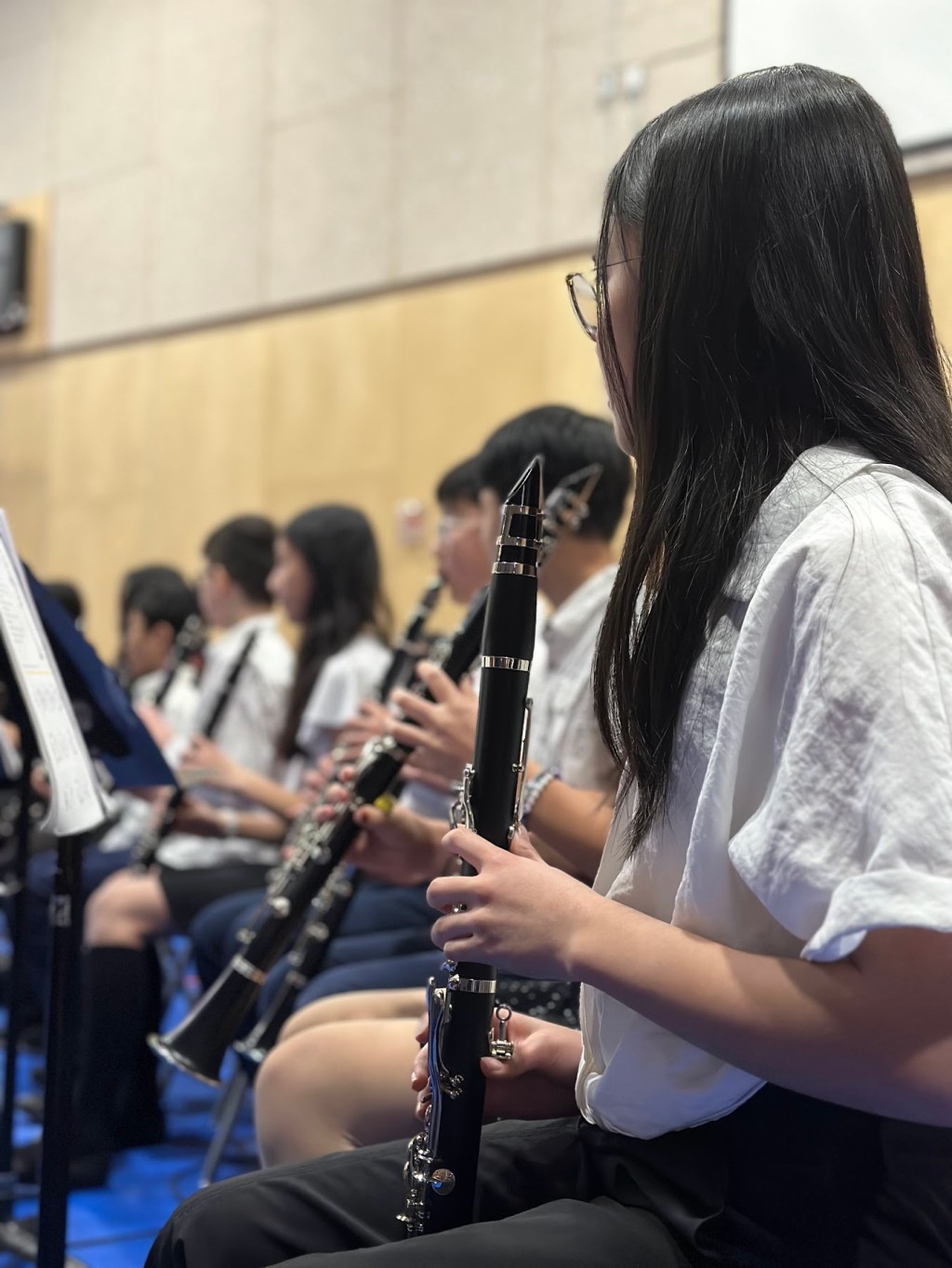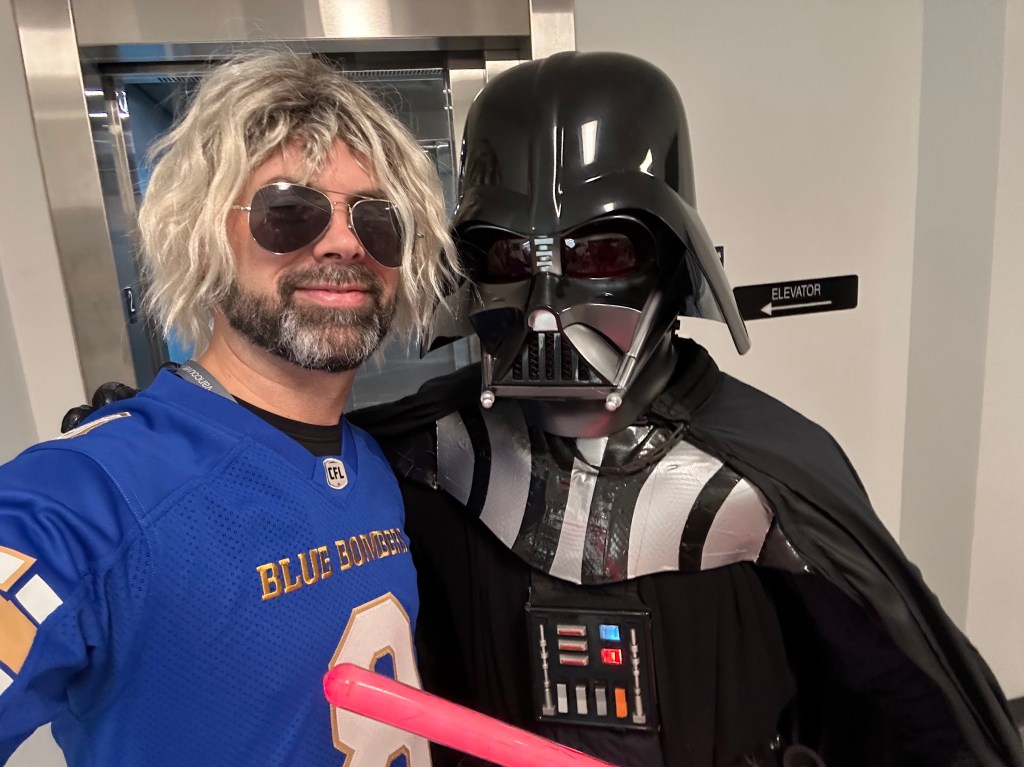Uncategorized
-
Will AI Replace Teachers?

Reports of our coming demise have been greatly exaggerated. If you’re a K-12 teacher, you’ve probably heard this question from friends and family. “So do you think AI will eventually put you out of a job?” It’s amusing. And ridiculous. And a little concerning, actually. Will AI replace teachers? No, because AI and robotics technologies Continue reading
-
This One Factor Can Keep Teachers on Fire Instead of Burning Them Out

It can be the wind in our sails that we didn’t realize we needed. This past Thursday was one of my marathon days. You know the kind, right? With an early morning commute and an evening event at the school, I found myself in the building for over 15 hours. Long days are sometimes part Continue reading
-
I’m Sorry: Why I’m in Favor of Forced Apologies

Should we make students apologize for damage they cause? As an elementary vice-principal, one of my roles is to support teachers with student misbehavior. This work doesn’t consume all of my time, but it has its moments. Even in the best of elementary schools, little humans have problems. They make mistakes. They hurt feelings. They Continue reading
-
I Still Get to Do This

Just about every teacher I know experiences the school year as an emotional cycle. We love the work. We love our colleagues. We love our students. We love the creative energy of the profession. The art of learning and growing together is fire, as the kids say. It’s pretty magical. And then the work starts to Continue reading
-
How to Install the FREE Brisk Teaching Chrome Extension
OH. MY. GOODNESS. I mean, I kind of knew this was possible. But now I KNOW. And it’s FREE. Access smart, grade-relevant feedback on student writing instantly with the Brisk Teaching Chrome extension (link to webstore). I honestly believe that tools like this one have the potential to help save teachers from burning out and Continue reading
